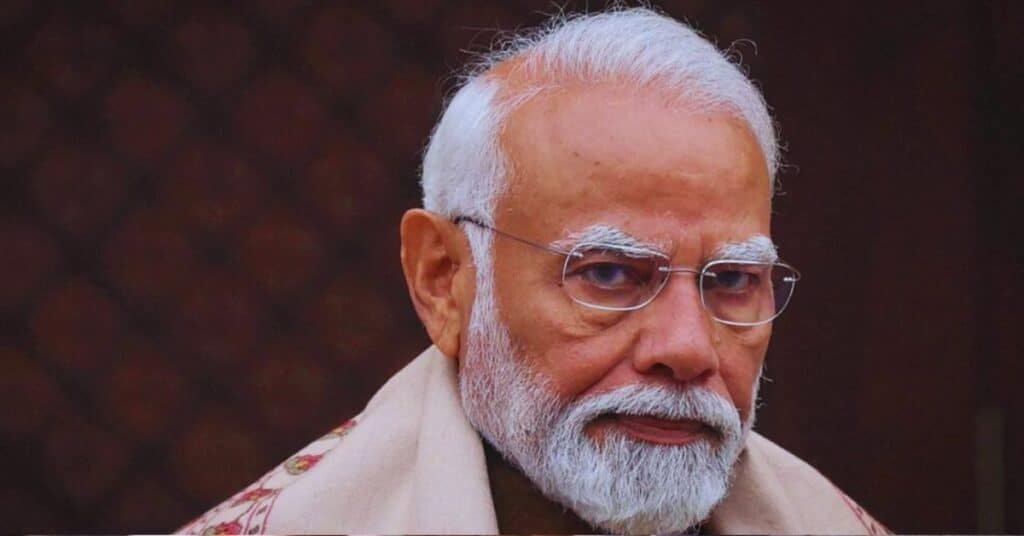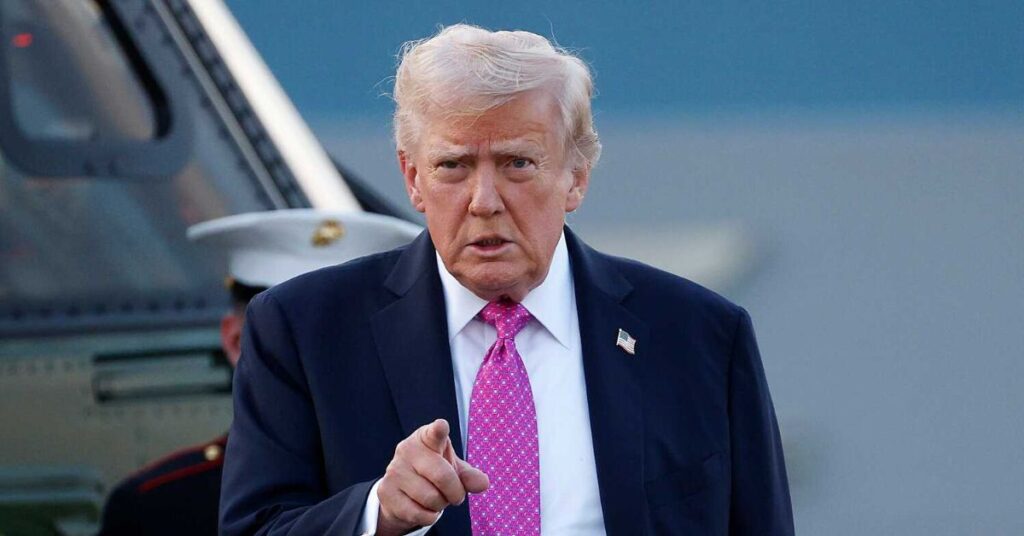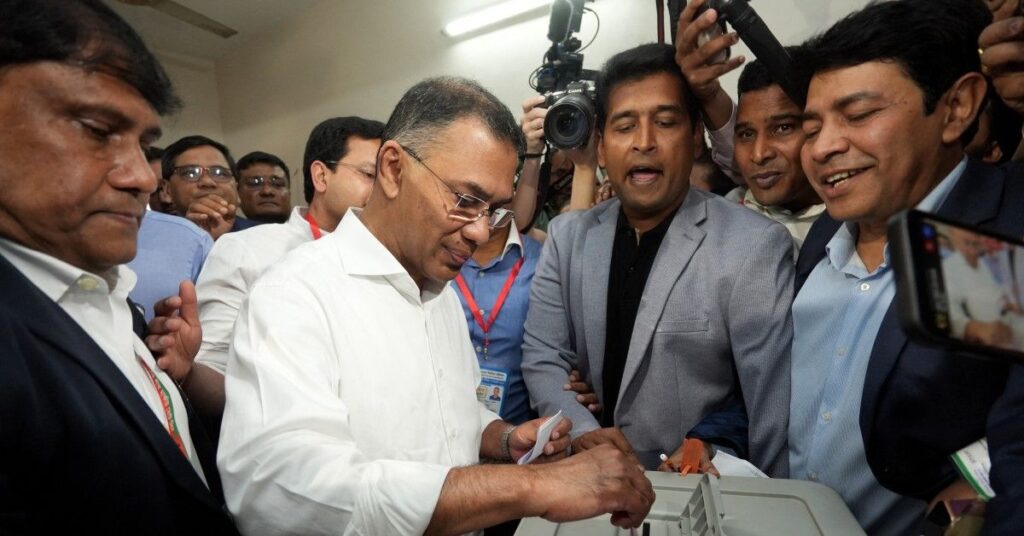MUZAFFARABAD (Kashmir English): In a rare admission, the Indian government has acknowledged a serious intelligence failure in the recent Pahalgam attack, which took place in the occupied region of Kashmir.
The attack in the popular tourist area of Pahalgam has raised significant concerns about the country’s internal security systems and intelligence coordination.
The Pahalgam attack was discussed in detail during an all-party conference in New Delhi, chaired by Defence Minister Rajnath Singh.
During the meeting, top Indian leaders, including Home Minister Amit Shah, were compelled to accept that it resulted from lapses in security measures and intelligence gathering.
Opposition parties did not hold back their criticism, questioning the government’s preparedness and accusing it of gross negligence. The Pahalgam attack became a central topic of debate, with several political figures expressing disappointment over the government’s inability to prevent such attacks despite the region’s sensitive nature.
Asaduddin Owaisi of the All India Majlis-e-Ittehad-ul-Muslimeen (AIMIM) also participated in the meeting. He not only criticised the government over the Pahalgam attack but also raised questions about India’s approach to water treaties and its handling of regional water resources.
Owaisi inquired how India planned to manage the redirected water, to which the government responded vaguely, assuring arrangements would be made.
The Indian National Congress, one of the key opposition parties, strongly condemned the government’s response to the Pahalgam attack. The event revealed serious weaknesses in national intelligence systems and necessitated complete investigative procedures according to the party.
Congress attributed the administration’s failure to Prime Minister Modi’s leadership because these incidents show clear signs of weak governance in areas that require planning.
The Pahalgam attack serves as an urgent warning for various leadership positions to uptake measures in India according to statements made by Congress leaders.
The officials declared that failure to establish responsible inquiries with transparency would create more possible security breaches that threaten human safety.
The Pahalgam crisis unveiled crucial vulnerabilities in India’s intelligence apparatus while triggering extensive political discussions about defence strategies together with governmental openness.
The future trajectory of the Modi government will show how they plan to face increasing public discontent after the Pahalgam episode.




